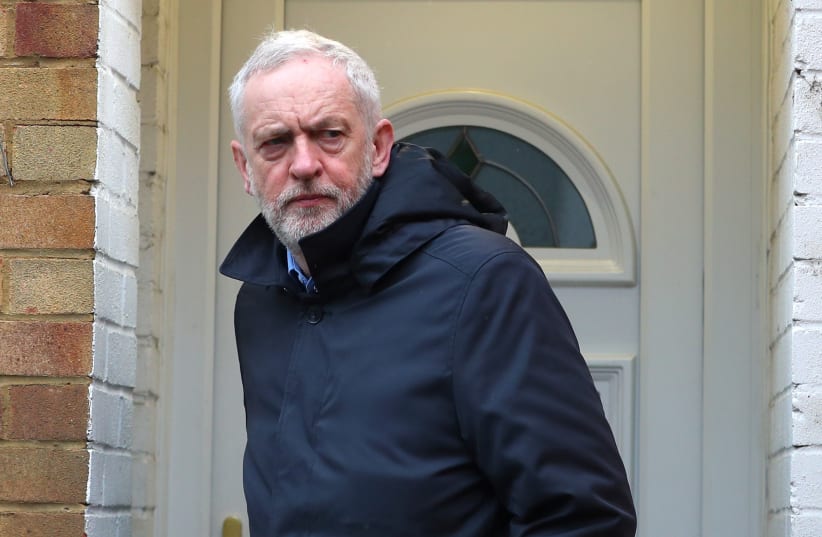UK Labour leader Corbyn voices conspiracy theory against Israel in 2012
Footage of the interview, one of several Corbyn did with Press TV, emerged in the UK media over the weekend amid the ongoing row over the Labour Party’s adoption of new antisemitism guidelines
